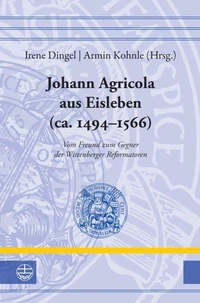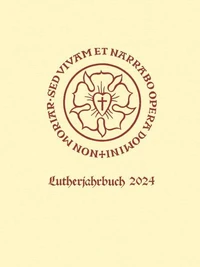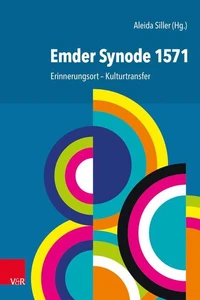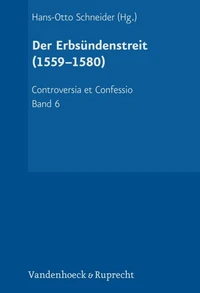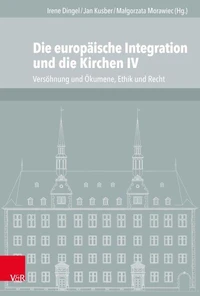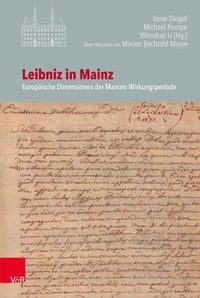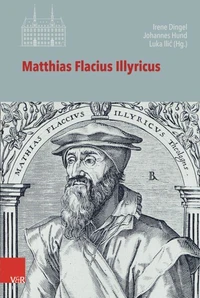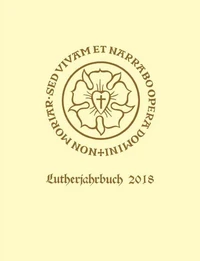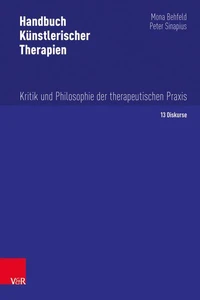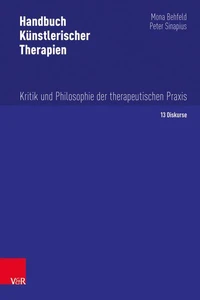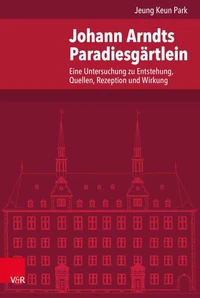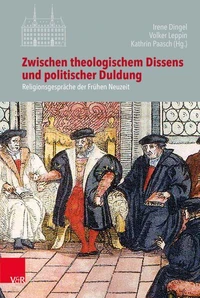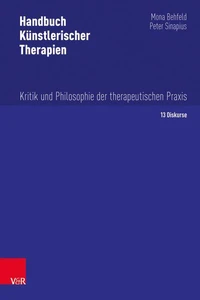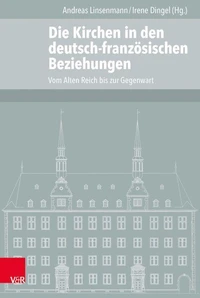Der Majoristische Streit (1552–1570)
Par : , ,Formats :
Disponible dans votre compte client Decitre ou Furet du Nord dès validation de votre commande. Le format PDF est :
- Compatible avec une lecture sur My Vivlio (smartphone, tablette, ordinateur)
- Compatible avec une lecture sur liseuses Vivlio
- Pour les liseuses autres que Vivlio, vous devez utiliser le logiciel Adobe Digital Edition. Non compatible avec la lecture sur les liseuses Kindle, Remarkable et Sony
 , qui est-ce ?
, qui est-ce ?Notre partenaire de plateforme de lecture numérique où vous retrouverez l'ensemble de vos ebooks gratuitement
Pour en savoir plus sur nos ebooks, consultez notre aide en ligne ici
- Nombre de pages621
- FormatPDF
- ISBN978-3-647-56016-8
- EAN9783647560168
- Date de parution10/12/2014
- Protection num.pas de protection
- Taille11 Mo
- Infos supplémentairespdf
- ÉditeurVandenhoeck & Ruprecht
Résumé
Are good works necessary for salvation, or, on the contrary, even detrimental to salvation? How important is deliberate ethical action for the Christian life? What should Christians do to avoid the danger that the message of justification by grace alone might lead to moral indifference? Over such questions the so-called Majoristic Controversy evolved (1552-1570), which caused some unanticipated confrontations on the field of scholarly disputes among the followers of Luther and Melanchthon in the second half of the sixteenth century.
An echo of this dispute can be heard in the fourth article of the Formula of Concord. In volume 3 of the edition Controversia et Confessio" readers find the most important texts produced during that controversy, by authors including Georg Major, Nikolaus von Amsdorf, Matthias Flacius, Stephan Agricola, and others."
An echo of this dispute can be heard in the fourth article of the Formula of Concord. In volume 3 of the edition Controversia et Confessio" readers find the most important texts produced during that controversy, by authors including Georg Major, Nikolaus von Amsdorf, Matthias Flacius, Stephan Agricola, and others."
Are good works necessary for salvation, or, on the contrary, even detrimental to salvation? How important is deliberate ethical action for the Christian life? What should Christians do to avoid the danger that the message of justification by grace alone might lead to moral indifference? Over such questions the so-called Majoristic Controversy evolved (1552-1570), which caused some unanticipated confrontations on the field of scholarly disputes among the followers of Luther and Melanchthon in the second half of the sixteenth century.
An echo of this dispute can be heard in the fourth article of the Formula of Concord. In volume 3 of the edition Controversia et Confessio" readers find the most important texts produced during that controversy, by authors including Georg Major, Nikolaus von Amsdorf, Matthias Flacius, Stephan Agricola, and others."
An echo of this dispute can be heard in the fourth article of the Formula of Concord. In volume 3 of the edition Controversia et Confessio" readers find the most important texts produced during that controversy, by authors including Georg Major, Nikolaus von Amsdorf, Matthias Flacius, Stephan Agricola, and others."


